To better utilize the EVFTA and meet the EU's greening regulations, there is no other way but to increase the value of exported products instead of outsourcing.
Although the population of the Northern European market is small, its import turnover is quite impressive and its growth rate is stable. Vietnam's exports to the Northern European region are currently quite small, so the Northern European market still has a lot of potential for Vietnamese enterprises to exploit.
However, it is not easy for Vietnamese goods to penetrate deeper into this market due to the small capacity, long geographical distance, and strict quality standards, even higher than those of some EU countries. However, experts say that, in addition to traditional markets, Vietnamese enterprises can boost exports to potential niche markets.
Recently, Ms. Nguyen Thi Hoang Thuy - Commercial Counselor, Vietnam Trade Office in Sweden, concurrently in charge of the Nordic countries, had an exchange with reporters of the Industry and Trade Newspaper about the potential Swedish and Nordic markets.
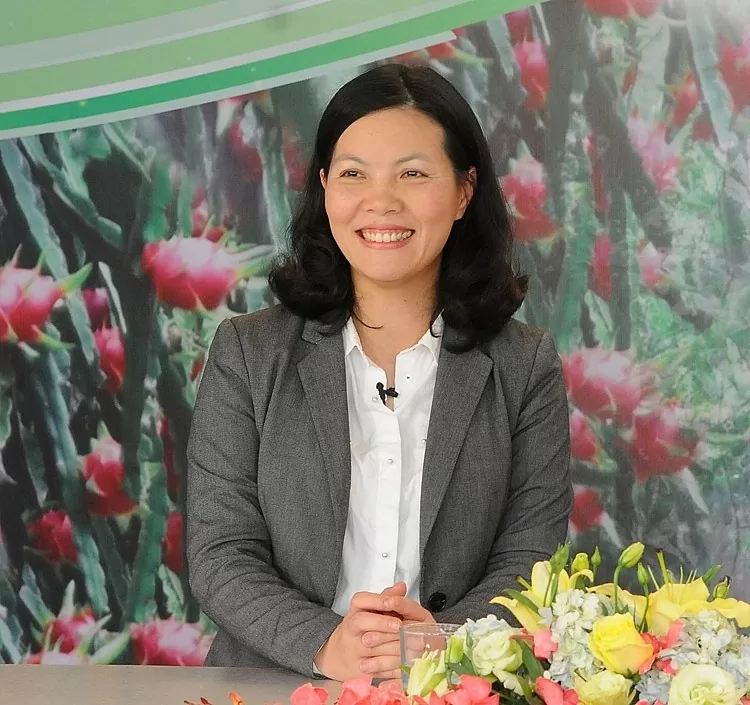 |
| Ms. Nguyen Thi Hoang Thuy - Commercial Counselor, Vietnam Trade Office in Sweden, concurrently in charge of Nordic countries |
In your opinion, how important is it for Vietnamese businesses to exploit market information in Northern Europe in particular and the EU in general? What limitations are Vietnamese businesses currently facing when searching for market information in this region?
Exploiting market information is an important first step for businesses to shape effective and sustainable business strategies. In particular, to exploit the Vietnam - EU Free Trade Agreement (EVFTA), capturing information becomes more urgent than ever. EVFTA has brought significant tariff incentives, creating favorable conditions for Vietnamese goods to penetrate the EU market.
However, to take advantage of these advantages, businesses need to clearly understand the requirements on quality standards, legal regulations, and consumer tastes in the EU - one of the most demanding markets in the world. Accurate and timely information not only helps businesses build appropriate strategies but also optimizes the supply chain, minimizes risks, and creates sustainable competitive advantages in a globalized environment.
Despite the recognition of the importance of market information, Vietnamese enterprises, especially small and medium-sized enterprises (SMEs), still face many limitations in searching for and exploiting information about the EU market. One of the biggest barriers is the lack of skills and capacity in processing large volumes of data from the rich information sources provided by the EU.
Portals such as Access2Markets and CBI (Centre for the Promotion of Imports) provide a wealth of useful data, from legal regulations, quality standards, to consumer trends and import requirements. However, this information is often general in nature, requiring businesses to be able to analyze it to apply it to specific industries or products. This creates a major barrier for Vietnamese businesses, which are limited in terms of specialized market research teams.
Many SMEs in Vietnam lack experience using online tools or the resources to invest in formal market research. Instead of using platforms like Access2Markets or CBI to find detailed information, they often rely on informal or speculative data sources.
This not only reduces the quality of information, but also negatively impacts business strategy planning. Furthermore, more detailed reports or insights are often only available through paid services or consulting programs, placing additional financial pressure on small businesses with limited resources.
In addition, fragmentation of information sources complicates synthesis and analysis. Businesses often have to seek information from a variety of sources, including reports from international organizations, data from local partners, and trade fairs. However, collating and processing information from multiple sources requires in-depth analytical skills that not all businesses can provide.
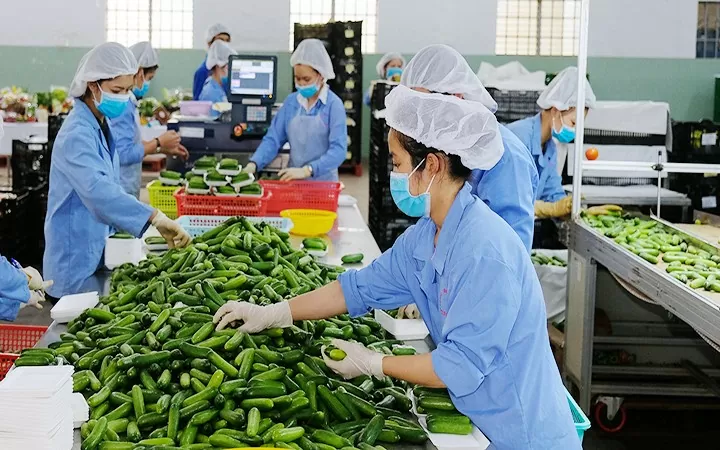 |
| Domestic enterprises still lack specialized market research teams. Photo: Khanh Dung |
Overall, although the EU has built a very rich and useful information system to support businesses in accessing the market, effectively exploiting these resources remains a major challenge for Vietnamese businesses. Limitations in skills, language, finance, and synchronization in accessing information are the main barriers that need to be removed.
This not only affects the ability to penetrate the EU market but also reduces the international competitiveness of Vietnamese goods. In the context of globalization and increasingly fierce competition, improving the ability to exploit market information will be the key for Vietnamese enterprises to succeed in the European market.
Yes, madam, according to the assessment, Vietnamese enterprises often encounter many difficulties when participating in the international market due to ineffective customer approach, often losing contact with customers after sending samples and quotes; not achieving the desired results during and after attending international trade fairs. Regarding this issue, what recommendations do you have for enterprises?
To improve the effectiveness of approaching international customers and better take advantage of opportunities from trade fairs, Vietnamese businesses need to change their approach, build a systematic strategy and improve their professional capacity throughout the entire transaction process, from the preparation and implementation stages to maintaining relationships after contact.
One of the first important factors is to thoroughly research the target market before starting any commercial activity. Businesses need to analyze the characteristics of the market, the specific needs of each customer group, and how their products or services can meet those needs. Knowing this information will help businesses set specific goals and come up with an appropriate approach, instead of just participating passively or experimentally.
A common challenge that many Vietnamese businesses face is losing contact with customers after sending samples or quotes. This often stems from a lack of a strong follow-up process. To overcome this, businesses need to build a customer relationship management (CRM) system to track each stage of the transaction, from the first contact to the closing of the deal.
This system not only helps businesses maintain contact but also facilitates product updates, sending thank you emails, or conducting personalized promotional campaigns to keep customers interested. In addition, businesses should define a clear follow-up schedule to avoid customers feeling forgotten or not properly cared for.
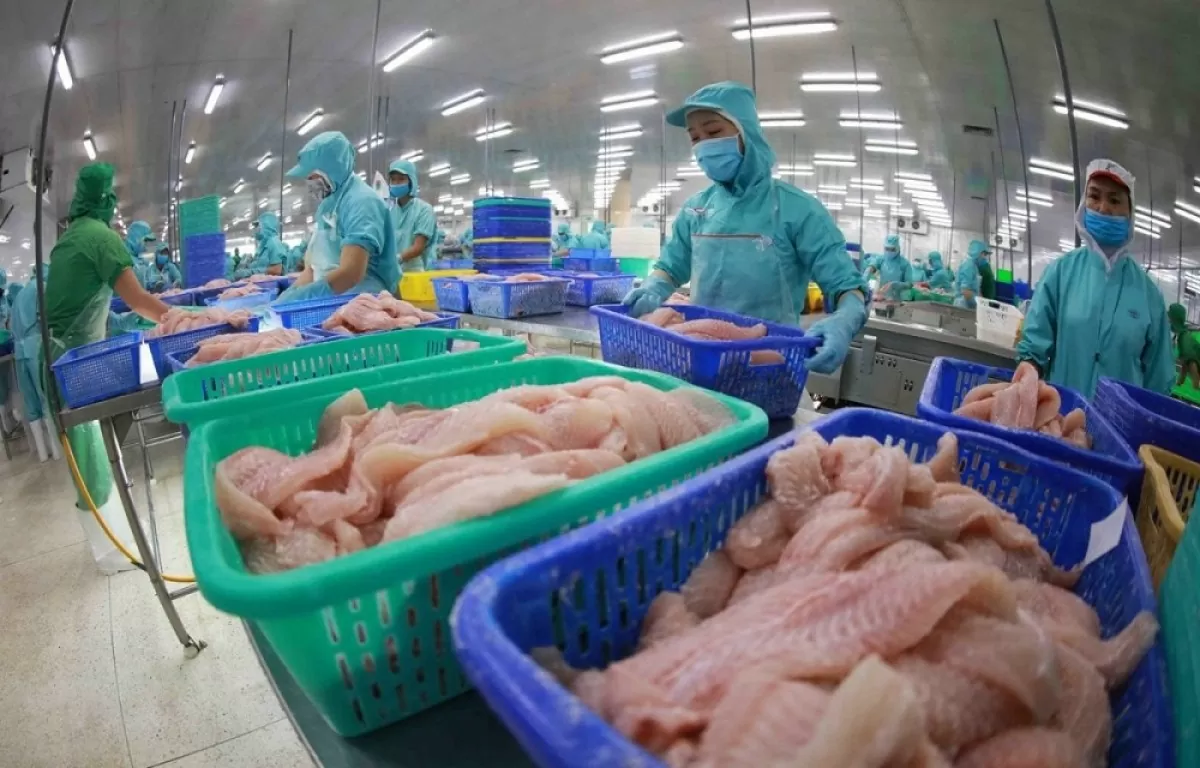 |
| To make better use of EVFTA, there is no other way but to increase the value of export products instead of doing outsourcing. Photo: Ngoc Hien |
It is also important to leverage technology to maintain contact with international customers. Digital platforms such as email, social media, or webinar tools not only make it easy for businesses to connect with partners, but also provide a channel to introduce new products, update news, and listen to customer feedback. For example, after a trade show, businesses can host an online product launch to reinforce the information presented at the event and create an opportunity to reach customers who could not attend in person.
Vietnamese businesses also need to regularly evaluate the effectiveness of their customer outreach and trade fair participation activities. This includes analyzing the results achieved after each event, identifying success factors and learning from weaknesses. For example, if a trade fair does not generate potential orders, businesses need to consider whether they have chosen the right event, whether the customer outreach method is appropriate, and whether the product meets the needs of the target market. This analysis not only helps improve future performance but also helps businesses adjust their business strategies to better achieve their goals.
Finally, businesses should take advantage of support from trade promotion organizations, industry associations, or Vietnamese representative agencies abroad. These organizations not only provide valuable market information but can also help businesses connect with suitable partners, reducing the time and cost of finding customers. Close coordination with these organizations will bring great advantages to businesses, especially in building long-term relationships and strengthening reputation in the international market.
In addition to the issue of greening, our country's exports to the EU are mainly agricultural, forestry, aquatic products, textiles, footwear, etc. These are all products that are likely to face non-tariff barriers and anti-dumping lawsuits from the EU. The reason is that most of the goods are processed and have low prices, while low prices are one of the important factors for the EU to investigate and initiate anti-dumping lawsuits. To avoid barriers or protection measures from the EU, what recommendations do you have for exporting enterprises?
Vietnamese enterprises exporting to the EU, especially in the agriculture, forestry, fishery, textile, and footwear sectors, are facing non-tariff barriers and the risk of anti-dumping lawsuits. The main reason lies in the nature of processing production with low added value, leading to export prices lower than the average value of the EU market.
This not only creates the risk of anti-dumping investigations but also reduces the competitiveness of Vietnamese products. To minimize these risks, businesses need to focus on strategic measures to increase product value, make production processes transparent, and strictly comply with international standards.
One of the important solutions is to increase the added value of export products. Instead of focusing on raw processing, businesses need to invest in deep processing technology and develop differentiated products.
For example, in the wood industry, instead of exporting raw materials or unfinished products, businesses should focus on producing high-end furniture with unique designs, or smart furniture with technology, meeting the tastes of EU consumers.
For agricultural and aquatic products, processing into value-added products such as canned, processed, or organic foods will also help increase export value and reduce the risk of being suspected of dumping.
Another important strategy is to diversify your product portfolio and export markets. Over-reliance on a particular product or market makes your business vulnerable to protectionist measures. By expanding into markets other than the EU or developing new product lines, you can reduce competitive pressure and optimize your resources.
To avoid anti-dumping lawsuits, businesses need to build a transparent and reasonable pricing system. Prices need to reflect the true value of the product, including production, transportation and value-added costs. This not only helps businesses avoid suspicion but also creates trust with EU partners.
Finally, improving management capacity and understanding of EU legal regulations is essential. Businesses need to regularly update changes in EU trade policies and import standards. Cooperation with trade promotion organizations, industry associations, or Vietnam Trade Offices in the EU can help businesses easily access information and support to resolve arising issues.
As an extension of the Ministry of Industry and Trade in foreign markets, could you tell us whether in the coming time, the Trade Office will have activities to support businesses to take advantage of the incentives brought by the EVFTA, support information and affirm their brands in the Nordic market?
In the coming time, the Trade Office will continue to focus on activities to support Vietnamese enterprises to effectively exploit incentives from the EVFTA Agreement, while promoting trade, developing brands, and optimizing logistics to improve export efficiency to the Nordic market.
One of the core tasks of the Trade Office is to provide detailed and timely market information. Through its Vietnamese website and Facebook page, the Trade Office updates at least one article per day, including a database of import enterprises classified by industry, information on market regulations, consumer trends, business opportunities, and a list of international trade fairs. This is a useful source of information to help Vietnamese enterprises promptly grasp changes and opportunities in the Nordic market.
In addition, the Trade Office's English website and Facebook page also help Vietnamese businesses introduce their products and brands directly to international partners, creating optimal conditions for promoting Vietnamese goods.
The Trade Office also pays special attention to supporting trade promotion through organizing events such as Vietnamese goods days and weeks in Nordic countries. These programs create opportunities to display products and increase brand awareness of Vietnamese goods.
Beyond live events, the Trade Office also organizes online trade meetings, leveraging technology to expand connectivity. These activities are especially useful in the context of globalized trade, when the use of digital tools helps businesses save time and costs, while reaching more partners.
In addition, the Trade Office is actively promoting logistics connectivity, especially between Vietnamese seaports and Northern Europe, to reduce transportation costs and improve supply chain efficiency. An important step in this area is the new maritime route called SWAN Service, announced by MSC - the world's largest container shipping line. This route will directly connect Vung Tau port with Gothenburg (Sweden) and Aarhus (Denmark) from early 2025.
This is the first time that goods from Vietnam can be transported directly to Northern Europe without intermediaries, significantly reducing logistics costs and delivery times. The deal is currently actively promoting cooperation between seaports to ensure the efficient operation of this transport route, creating favorable conditions for Vietnamese enterprises to expand their market share in the region.
In general, the Trade Office does not only provide information or promote trade but also plays an important role in developing brands, connecting partners, and promoting sustainable logistics solutions. With these diverse and practical activities, the Trade Office is committed to accompanying Vietnamese enterprises in making the most of incentives from EVFTA, improving competitiveness, and affirming the position of Vietnamese goods in the Nordic market - one of the most potential and demanding regions in the world.
thank you
Source: https://congthuong.vn/xuat-khau-ben-vung-sang-eu-nang-cao-gia-tri-san-pham-de-thoat-kiep-gia-cong-364183.html




![[Photo] Nearly 2,000 people enthusiastically participated in the Olympic Running Day - For the security of the Fatherland](https://vstatic.vietnam.vn/vietnam/resource/IMAGE/2025/3/27/33bed26f570a477daf286b68b14474d4)
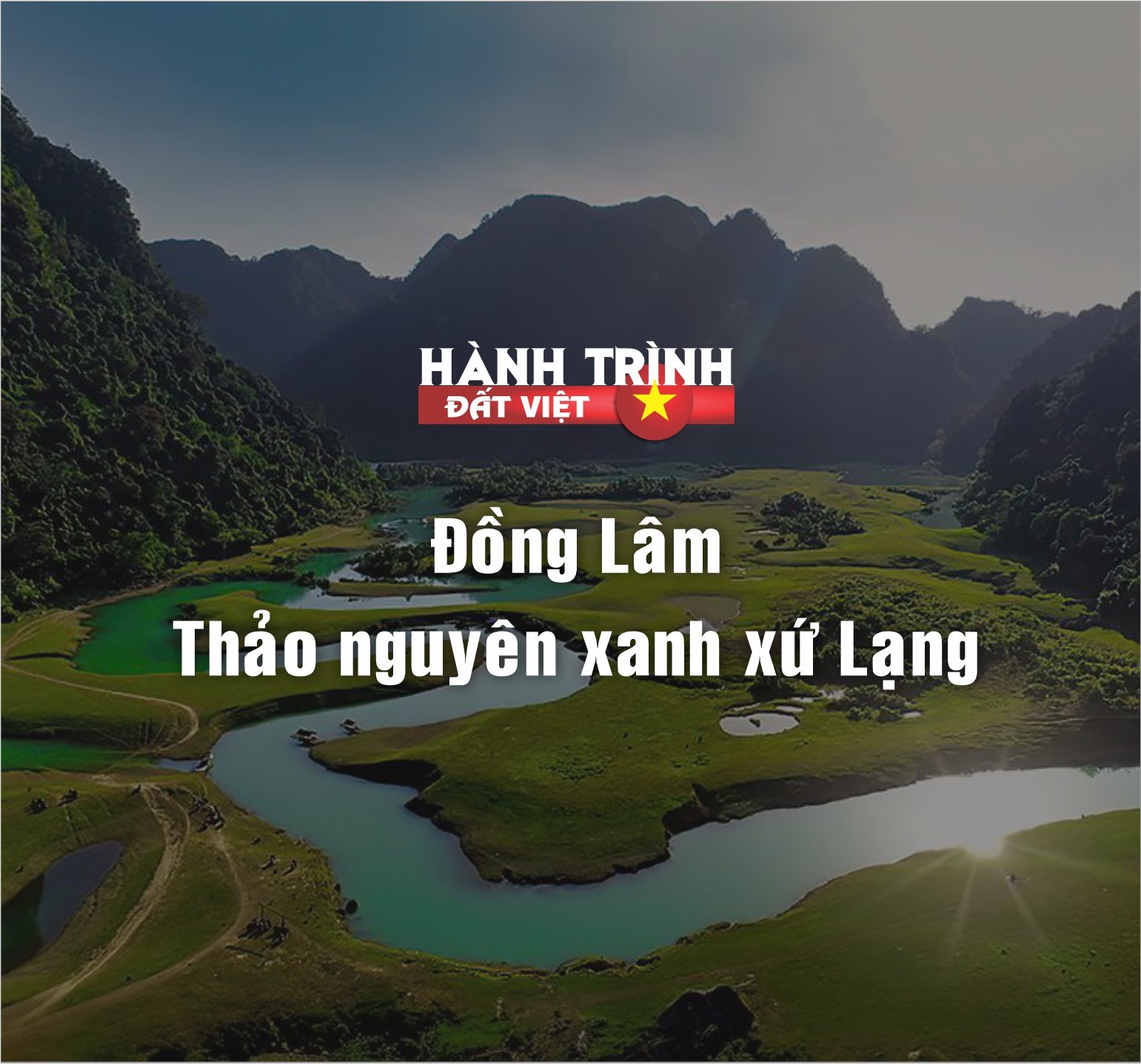
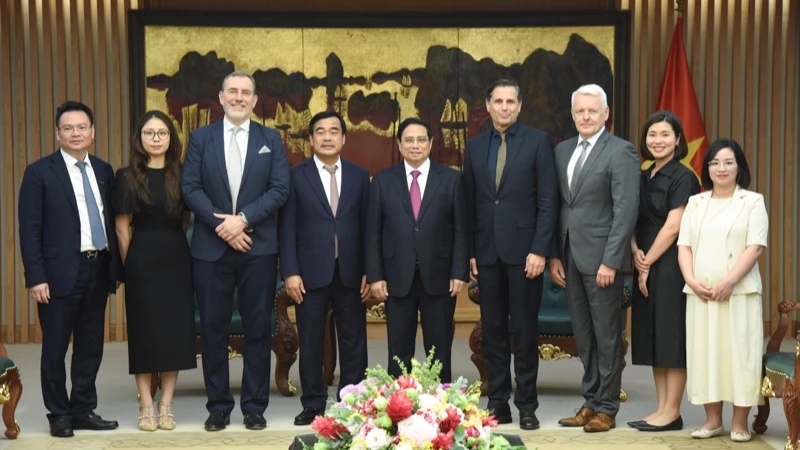
![[Photo] Prime Minister Pham Minh Chinh receives Chairman of Skoda Auto Group](https://vstatic.vietnam.vn/vietnam/resource/IMAGE/2025/3/27/298bbec539e346d99329a8c63edd31e5)
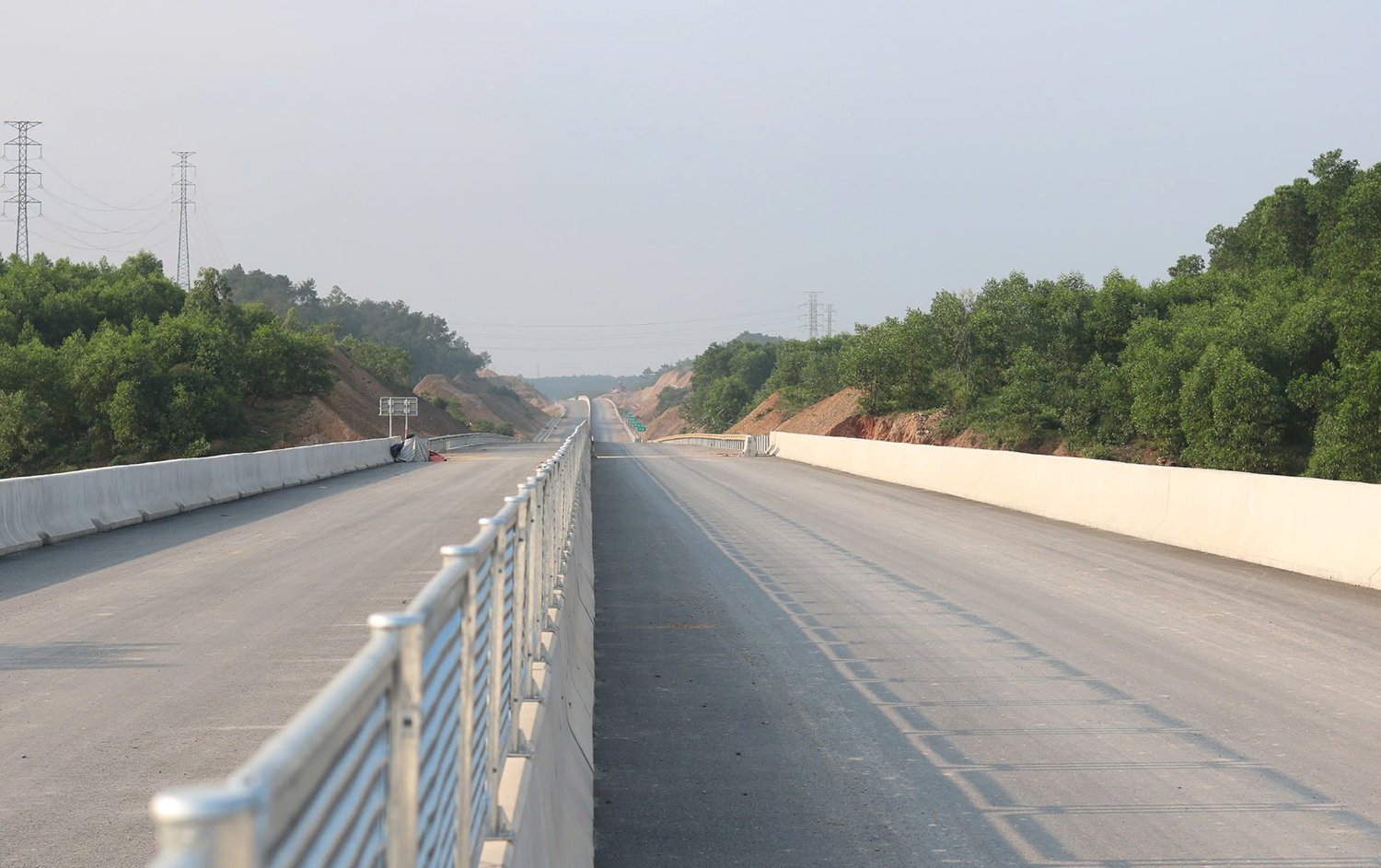

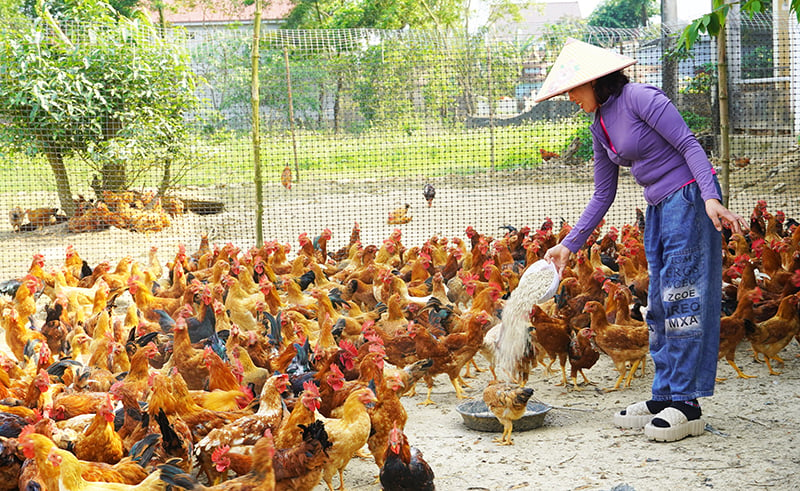
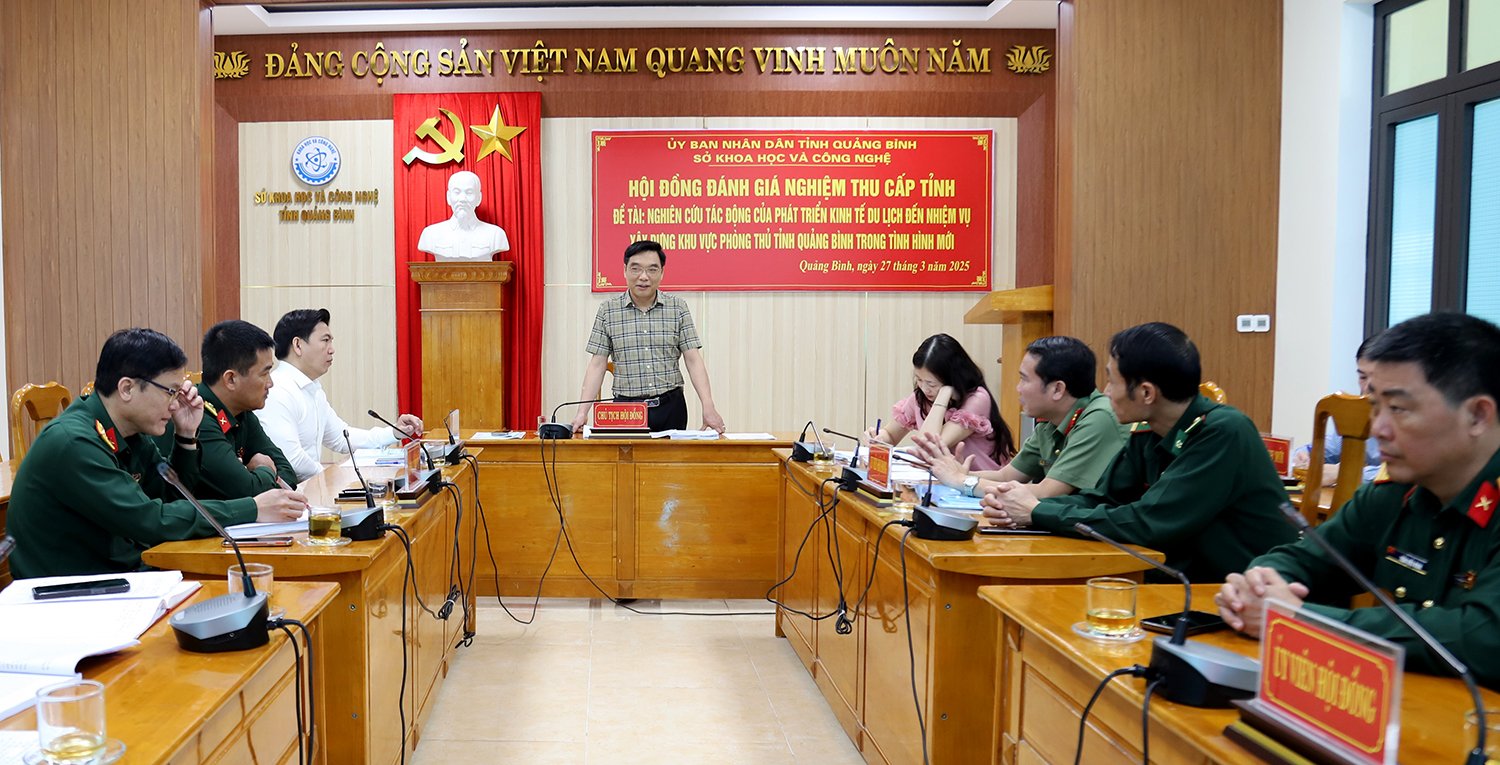
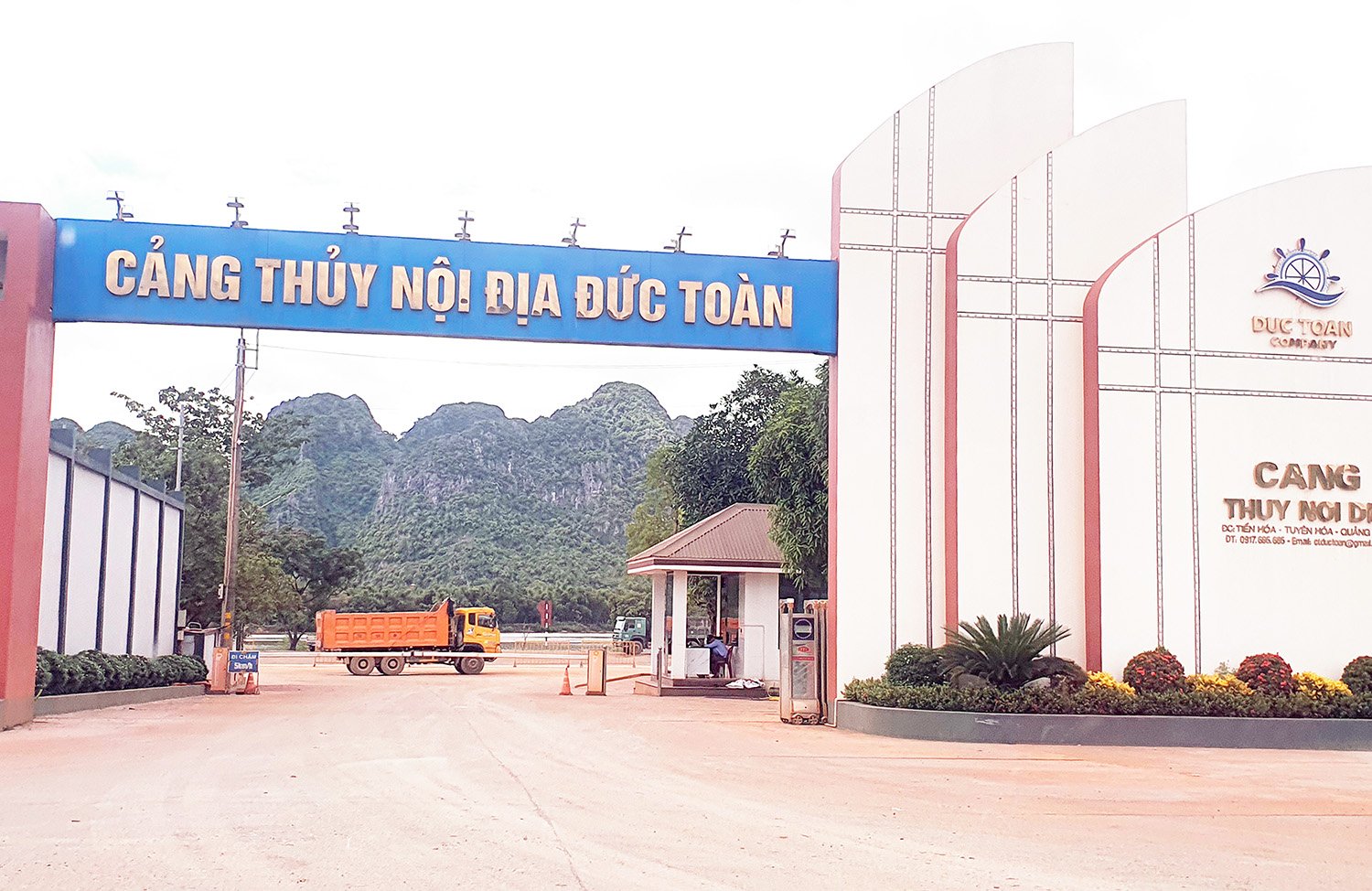



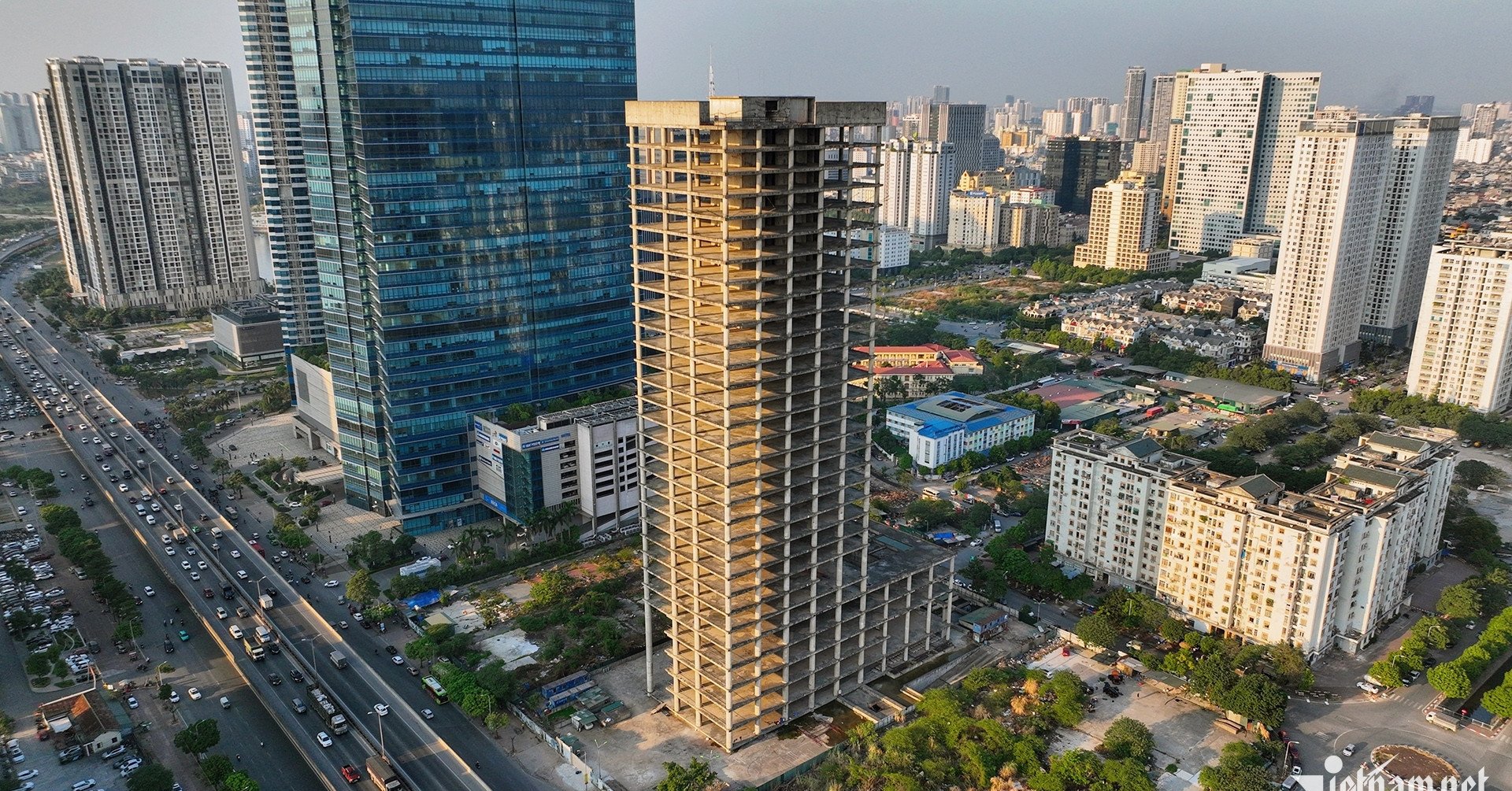
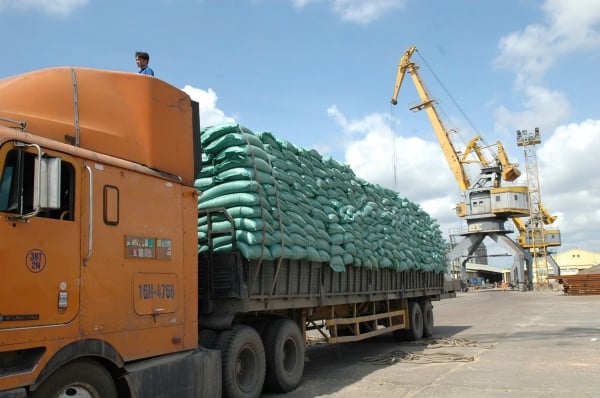

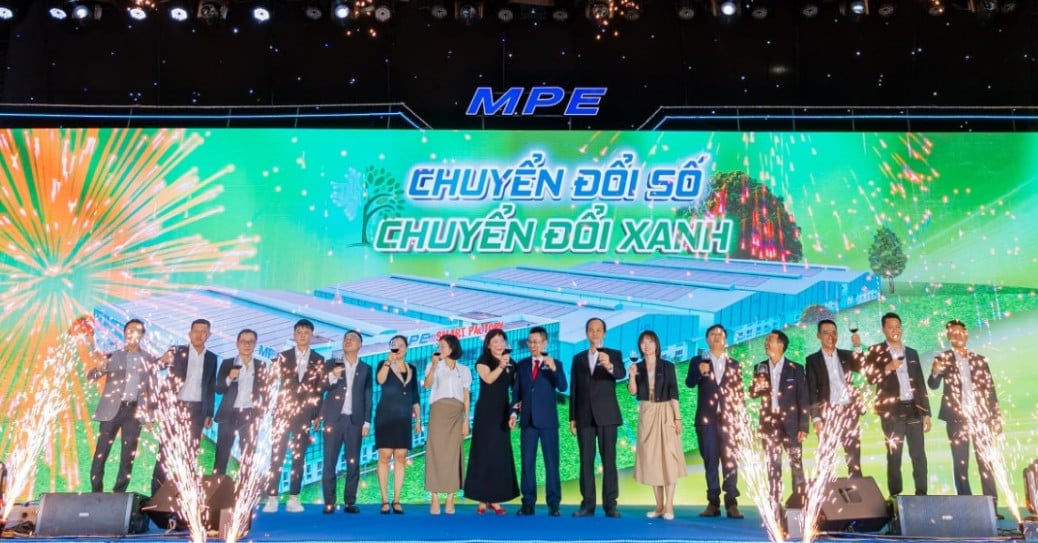




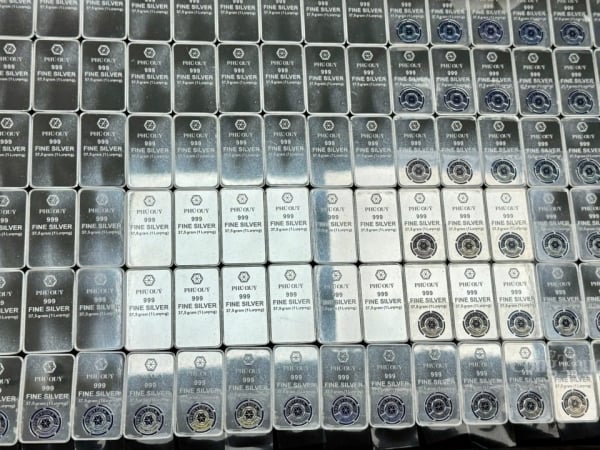
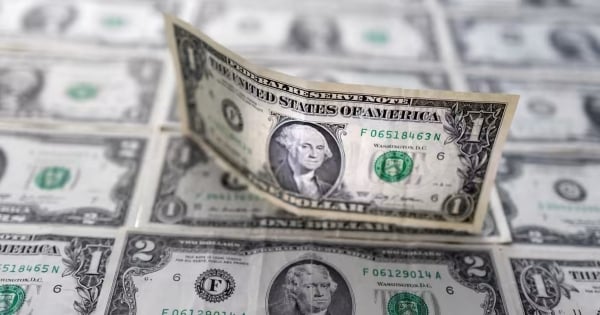
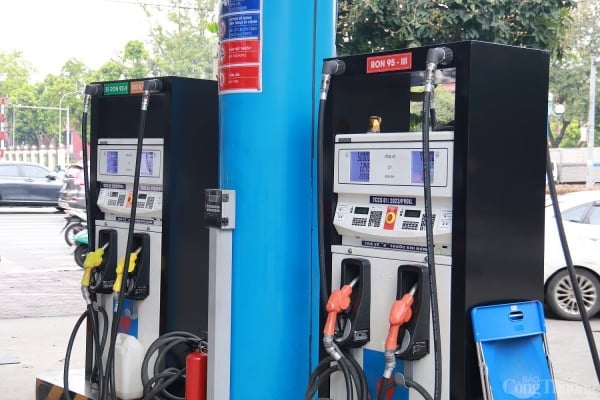

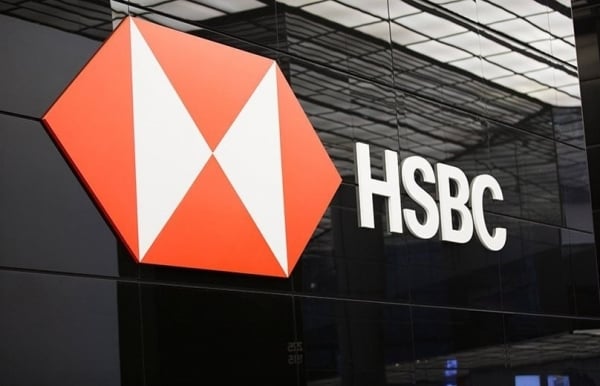
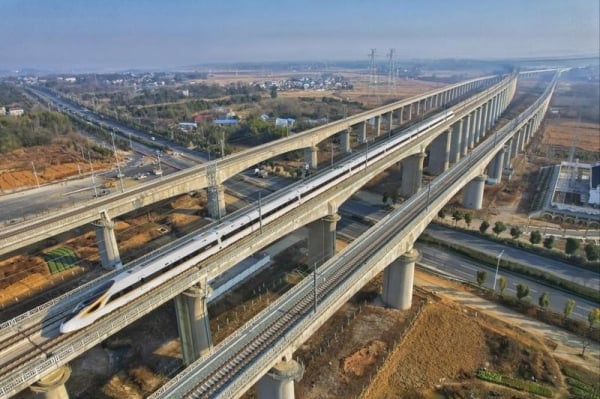


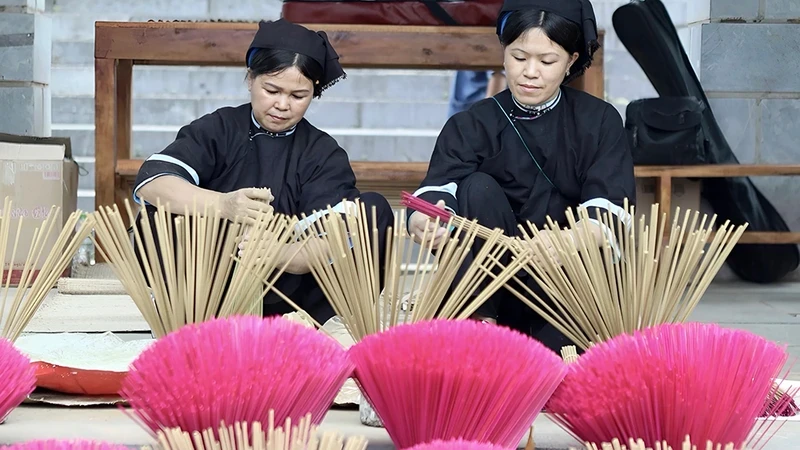


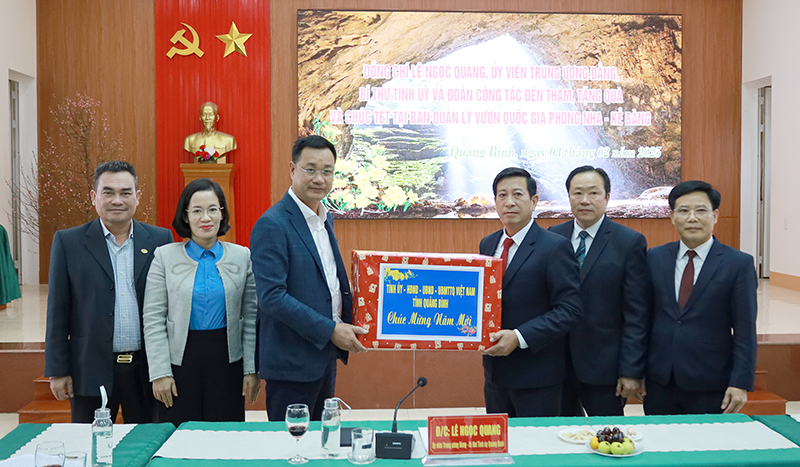

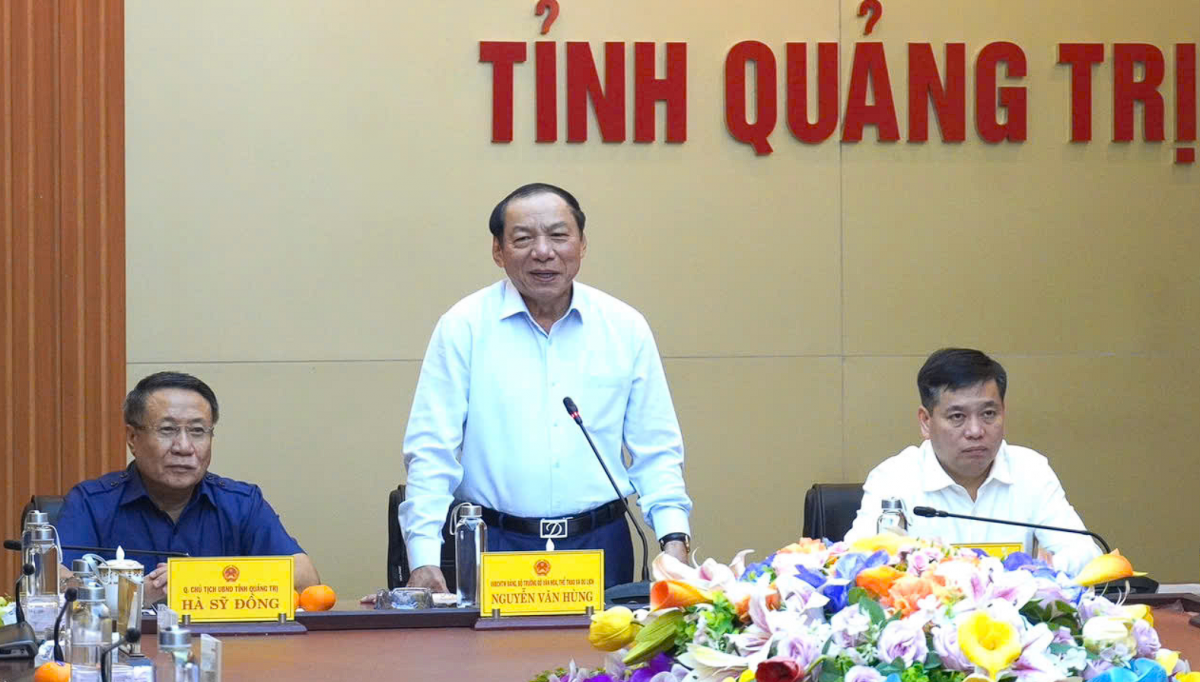


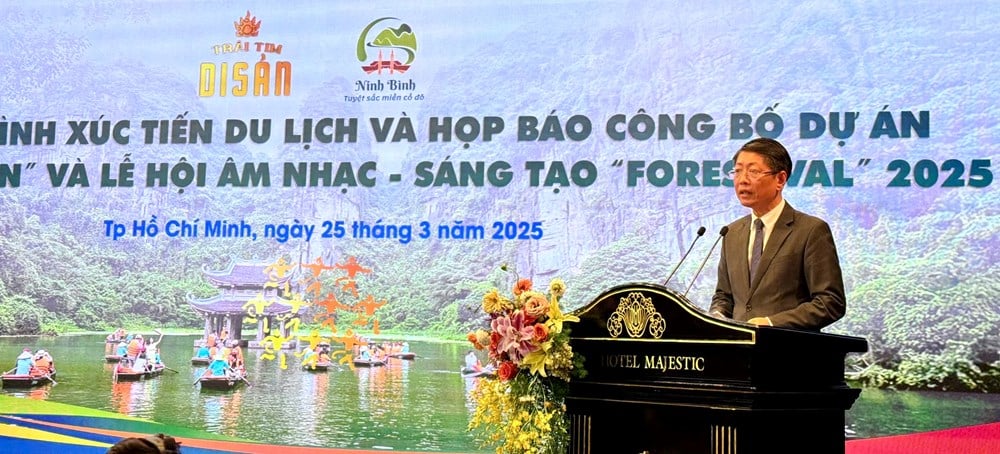





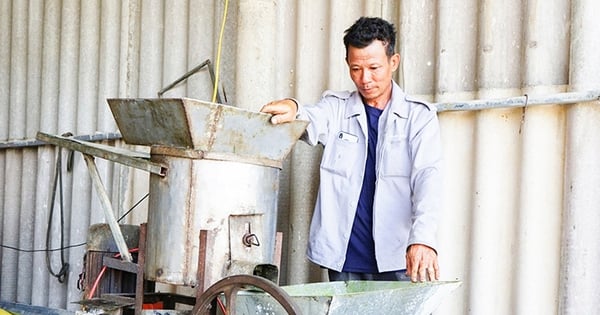



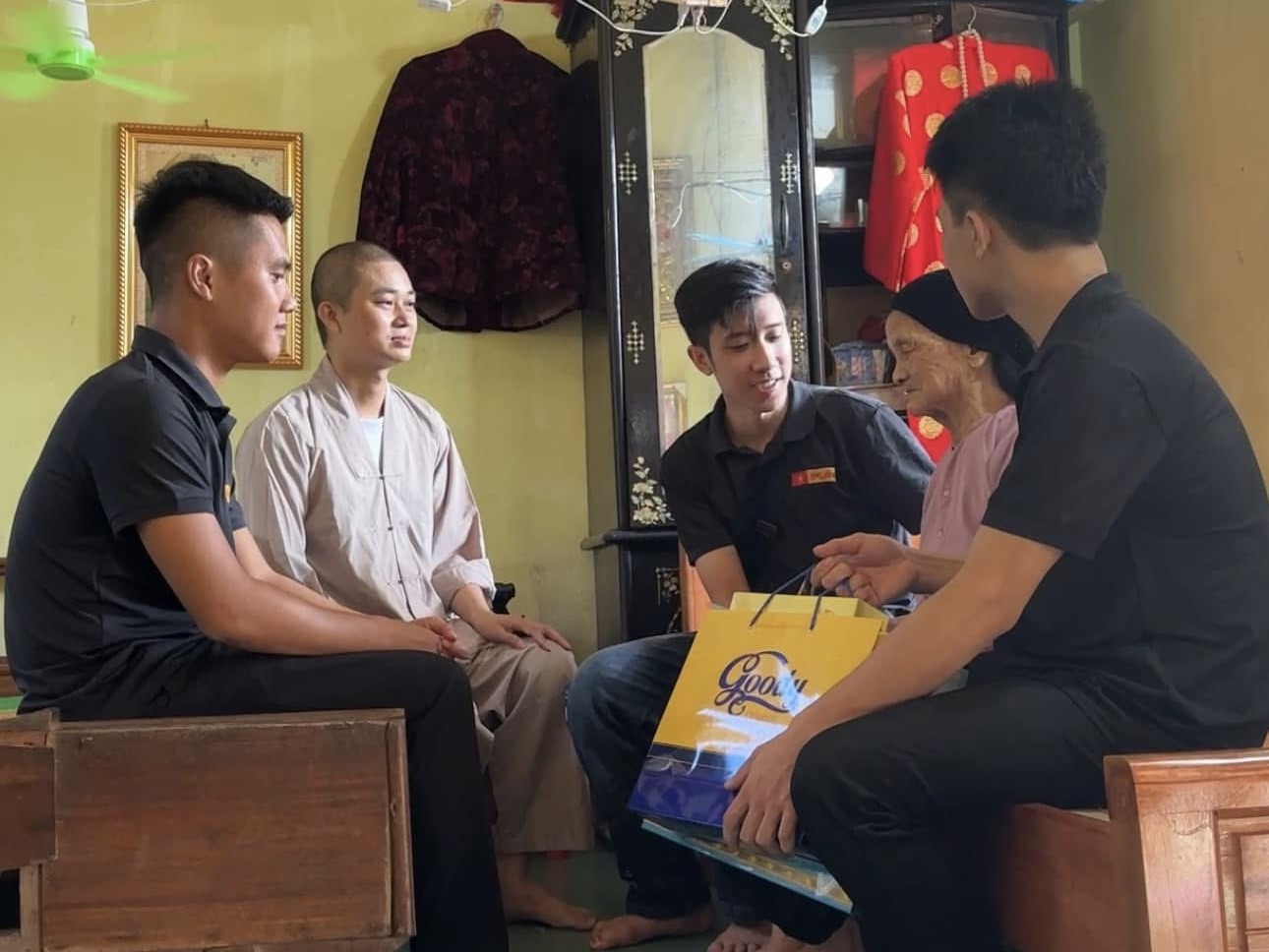


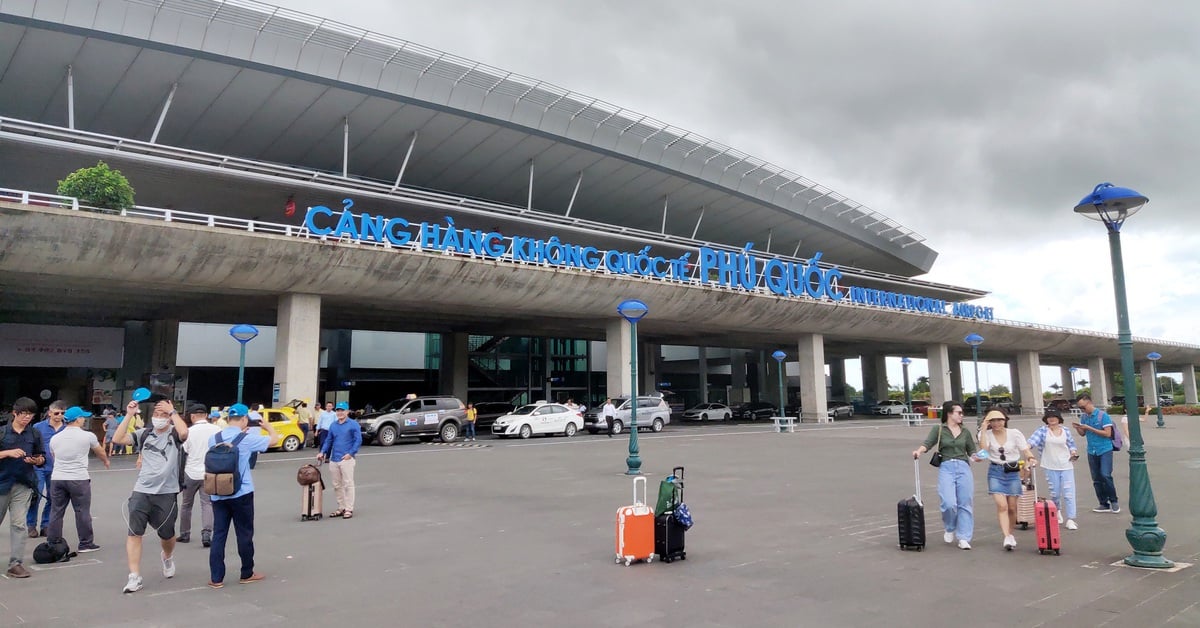
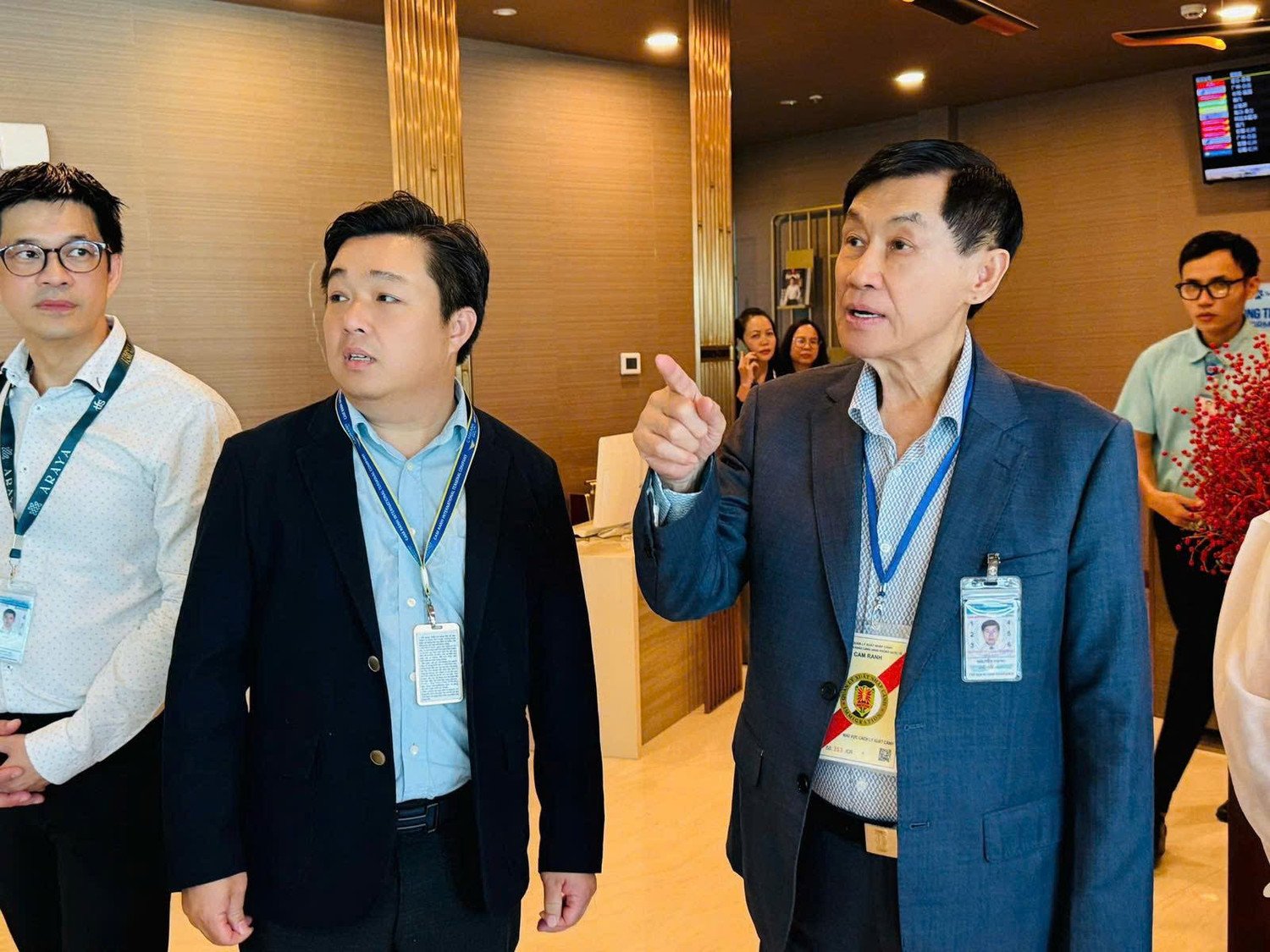

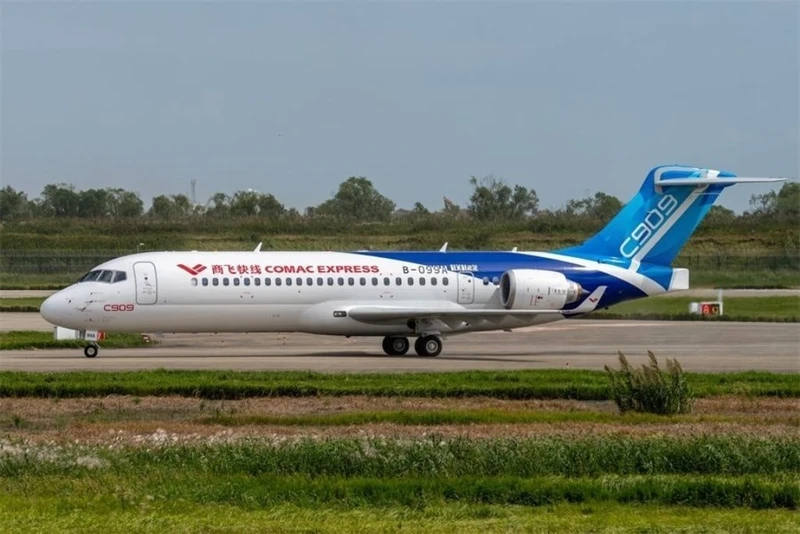

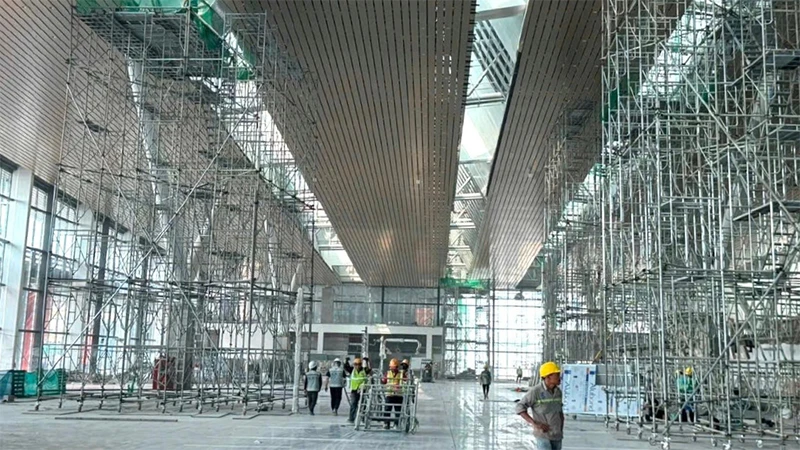


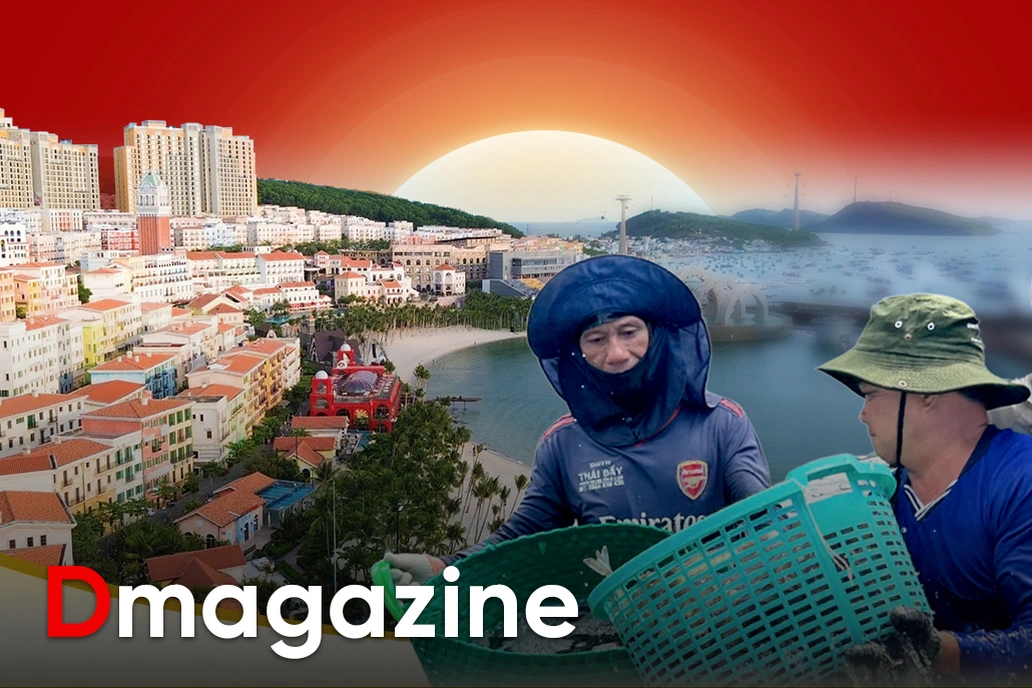
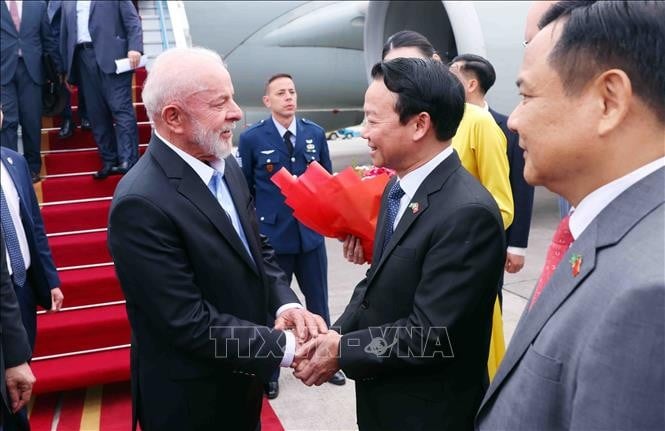
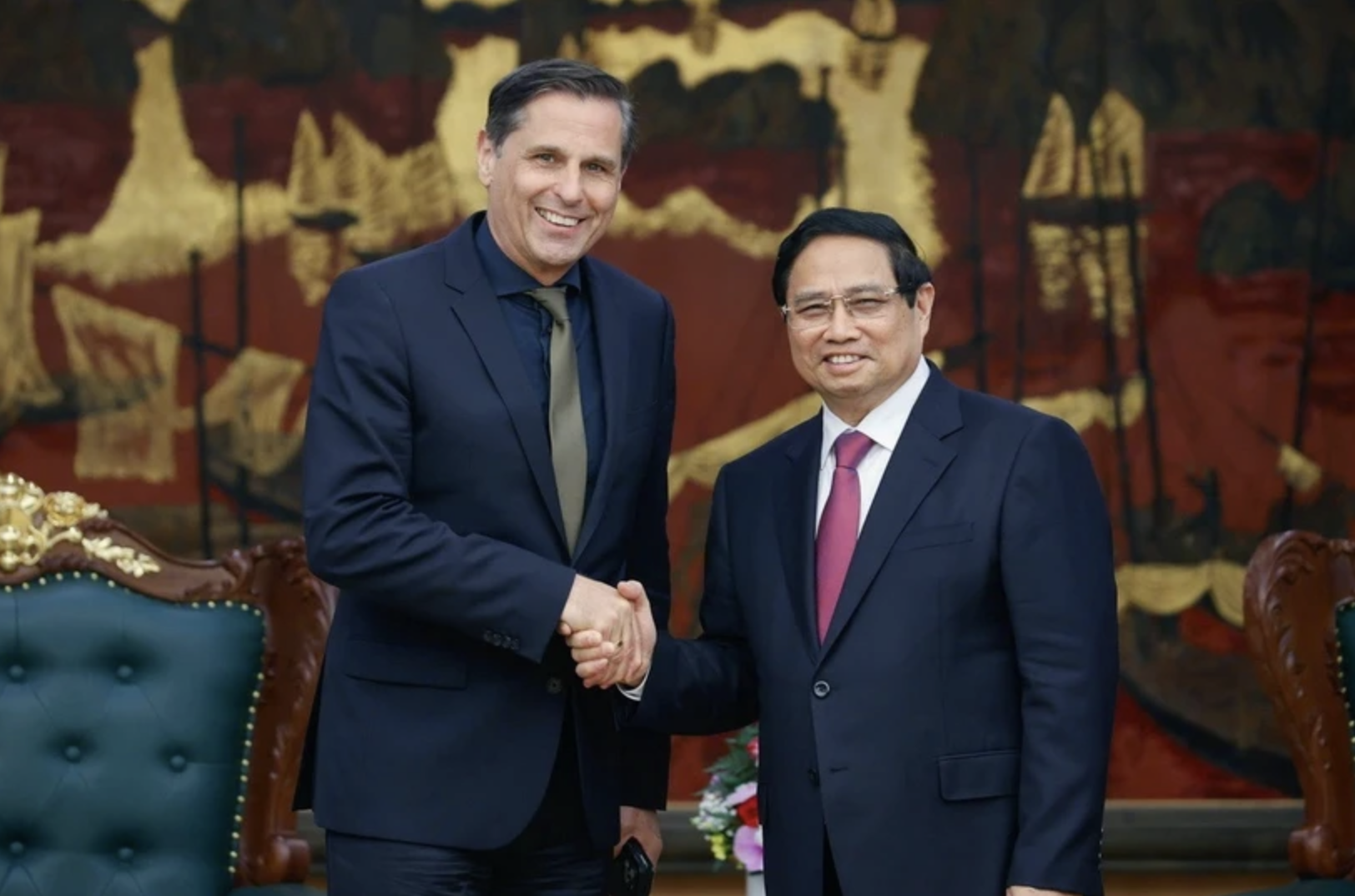
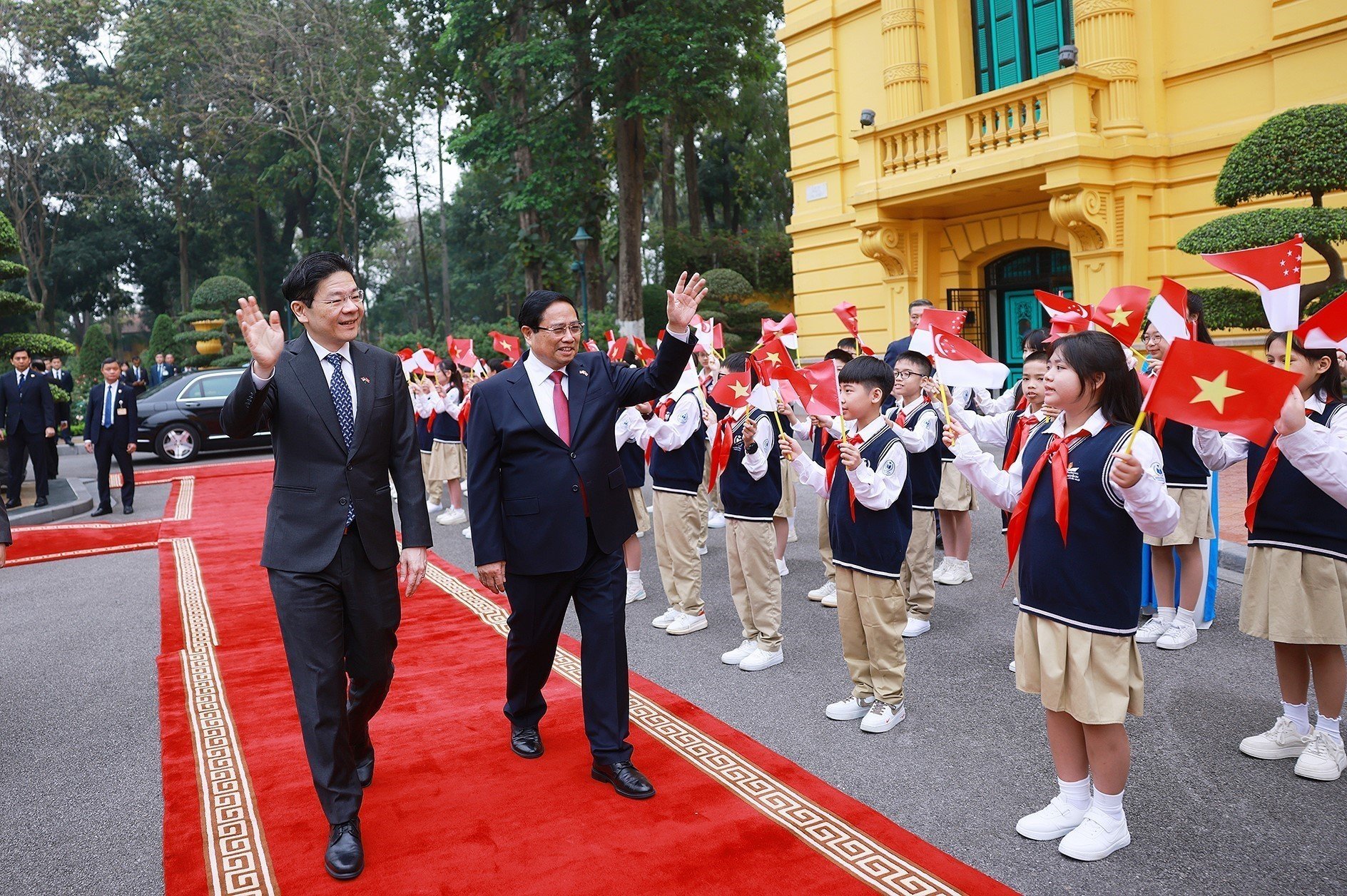

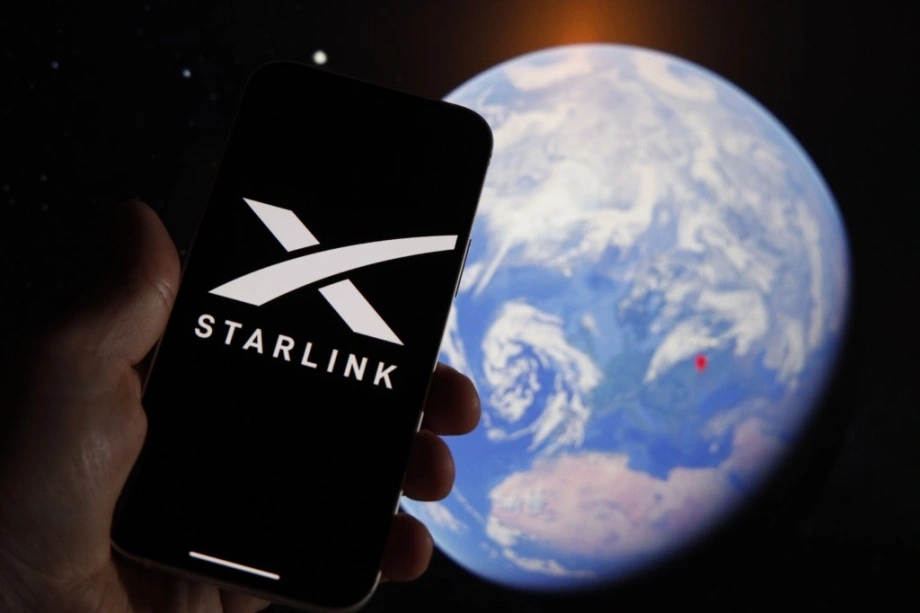
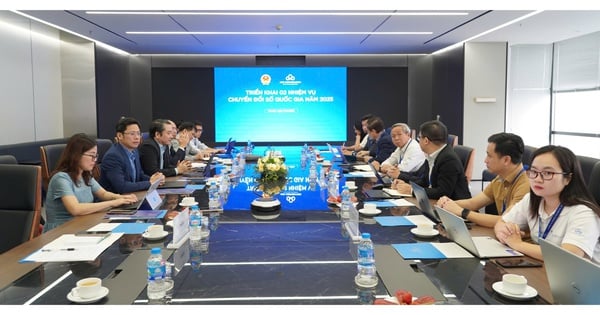

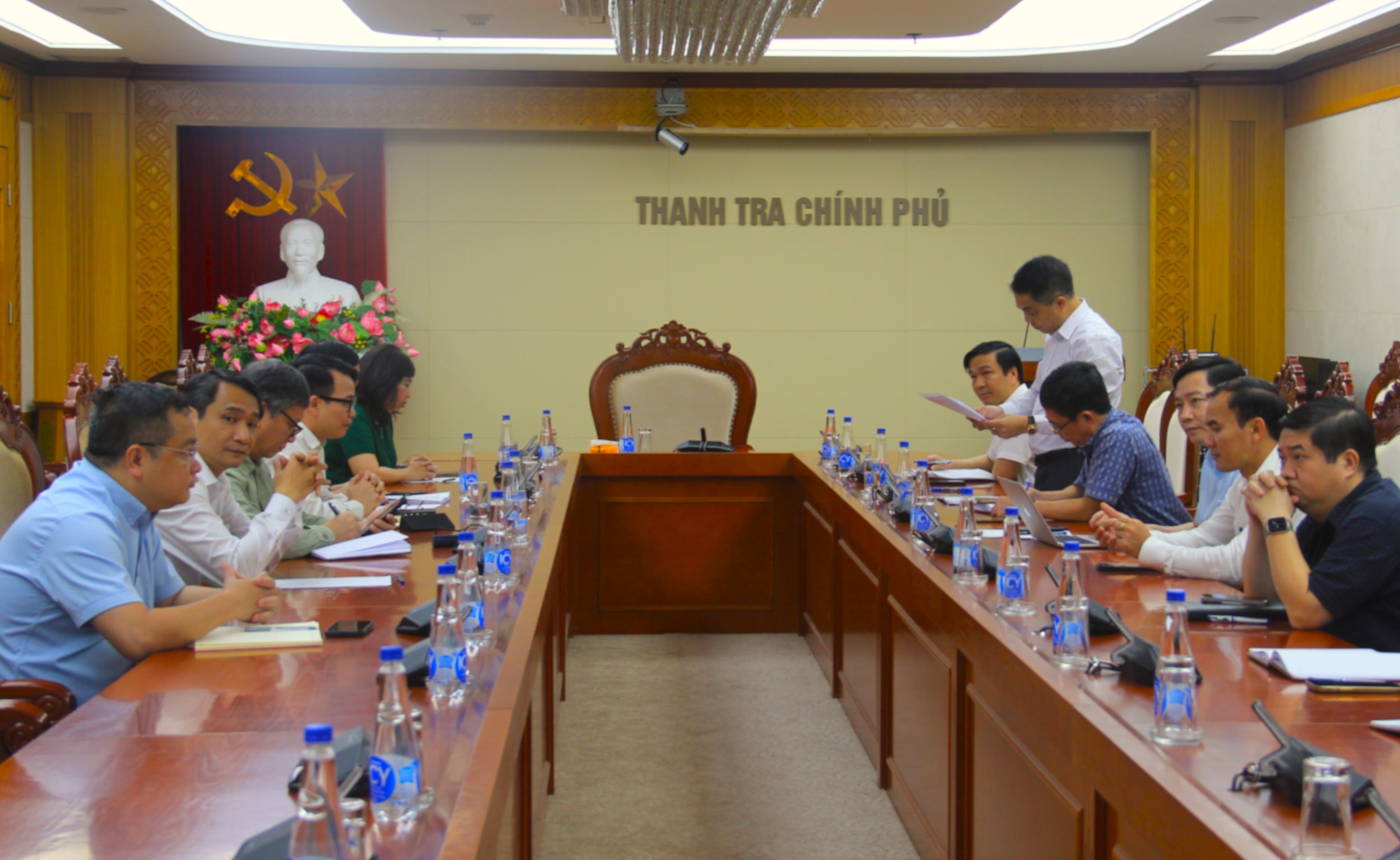

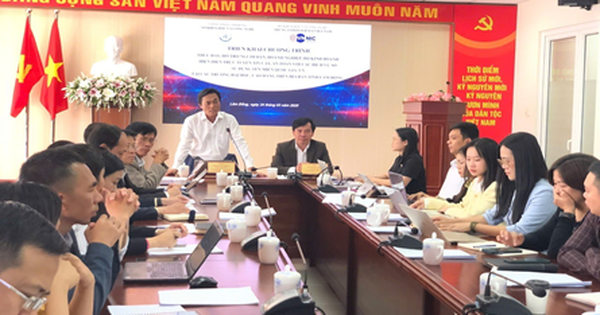


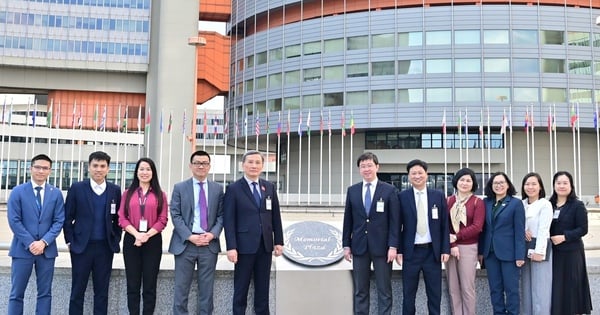
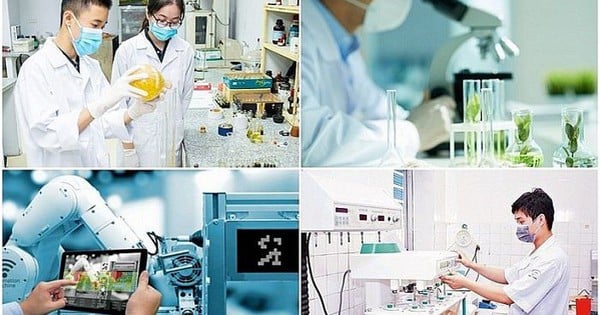
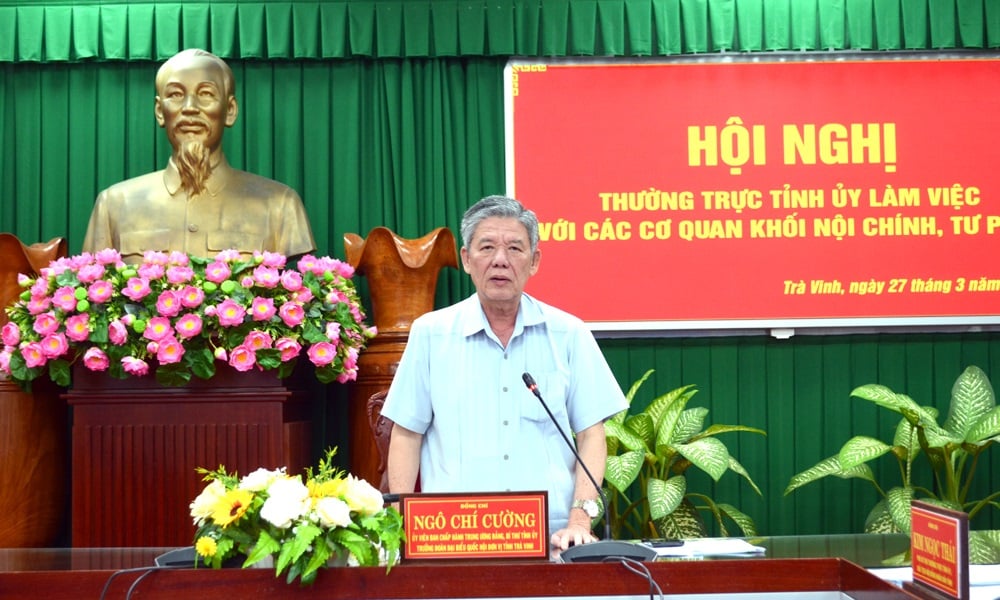




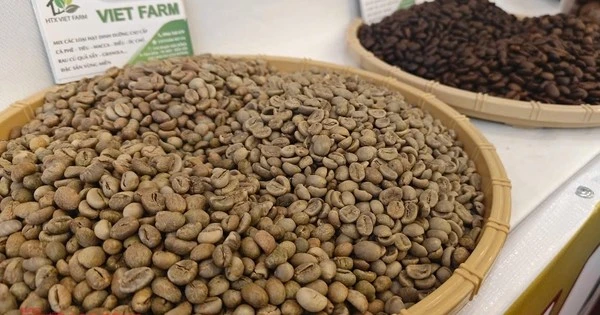
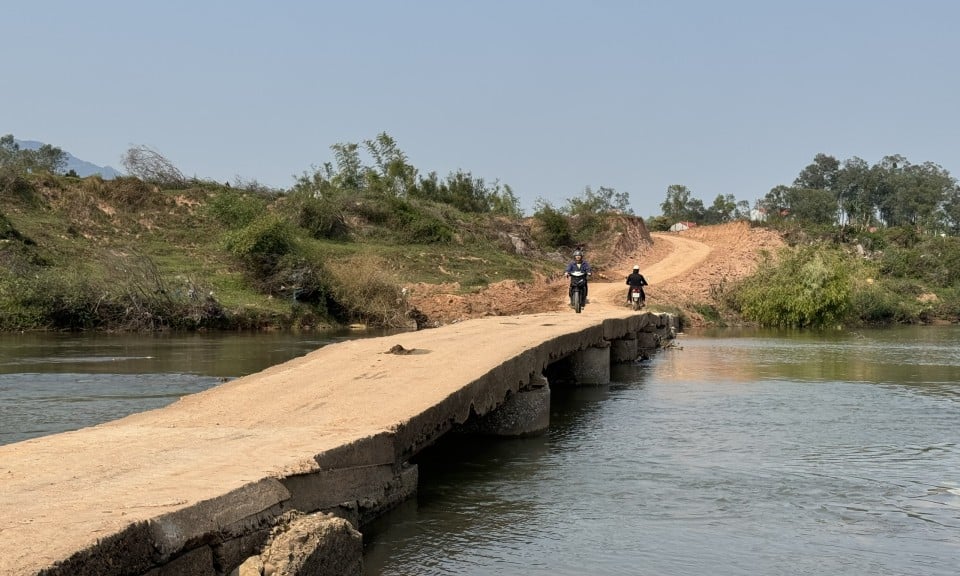

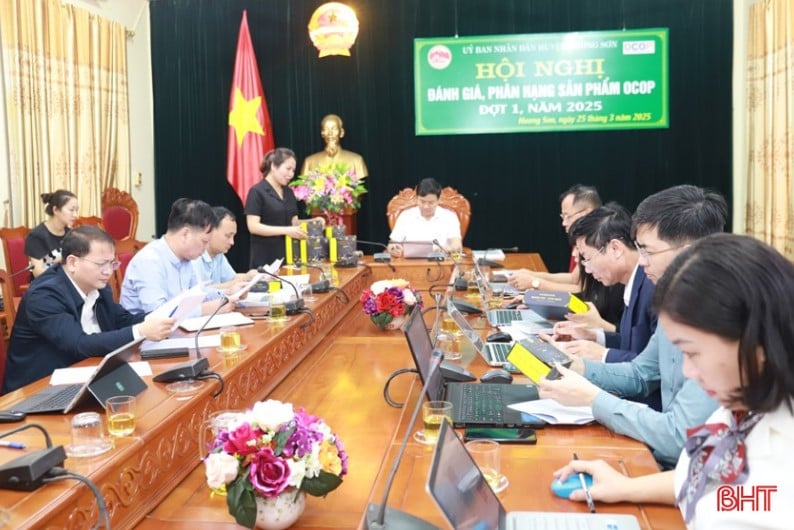

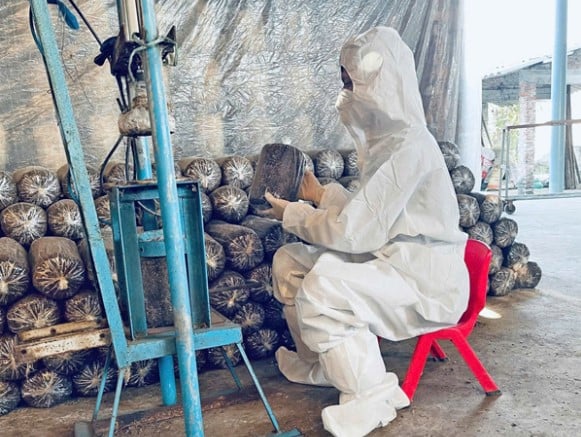
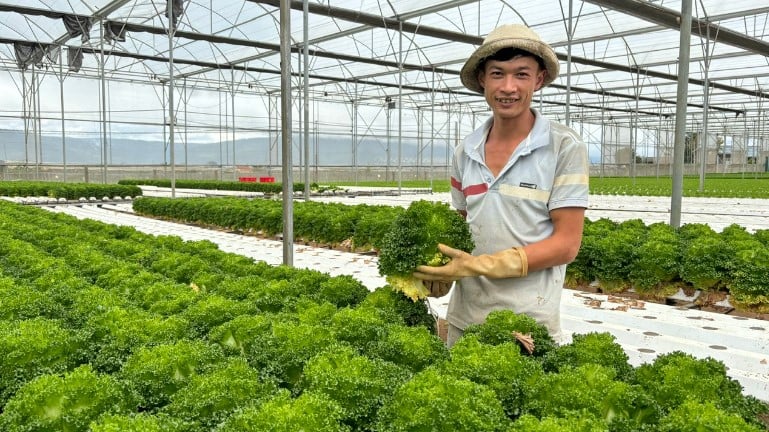



Comment (0)